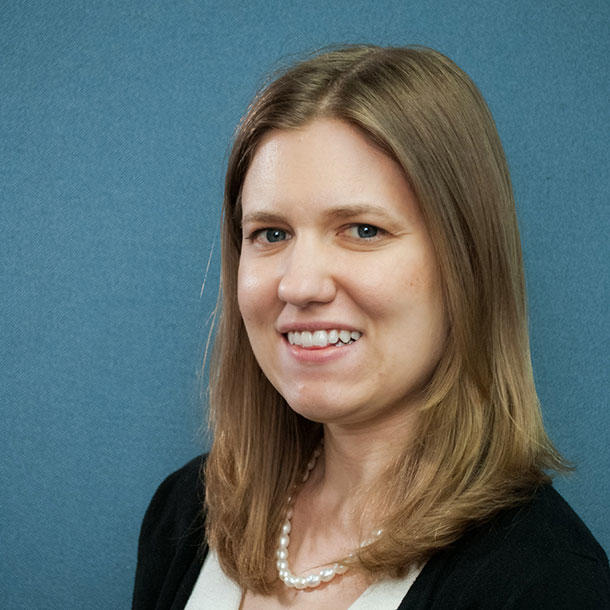Years at DCEG: Summer 2013 - Summer 2016
DCEG title: Postdoctoral Fellow
Current organization: Washington University School of Medicine in St. Louis
Current title: Assistant Professor
Who was your mentor at DCEG? What did you work on?
My DCEG mentor was Eric Engels, M.D., M.P.H., in the Infections and Immunoepidemiology Branch (IIB). With his mentorship, my research focused on using cancer registry linkages and other large databases to study cancer in solid organ transplant recipients and HIV-infected individuals.
What is your current position?
I am an Assistant Professor at Washington University in St. Louis with my primary appointment in the Department of Orthopaedic Surgery and a co-appointment in the Division of Public Health Sciences. I am currently developing research investigating risk factors for the development of rotator cuff disease. I also provide epidemiology and biostatistics expertise to clinical investigators interested in a range of research questions related to musculoskeletal disease.
How do you apply the skills you developed at DCEG in your current job?
Even though my research has transitioned to a different topical focus, I’m heavily using skills I developed or enhanced at DCEG. While at DCEG, I sharpened my communication skills, improved my ability to defend my methodologic approaches, and gained experience developing and pursuing my own research ideas. All these skills are now vital to my success in my current job.
Do you have any memories from your fellowship that you would like to share?
I really appreciated the amount of support I received during my academic job search, which can be a long and grueling process. Eric, my mentor, helped me think through my options and career goals and reviewed my application materials. He and others in my branch gave me important feedback during dry runs of my job talk. Jackie Lavigne, Ph.D., M.P.H., provided me with invaluable counsel during my negotiation process. All of this really proved to me the extent to which DCEG values the aspirations and futures of their fellows.
What do you do in your free time?
My husband and I are expecting our first child in January. So I am ‘nesting’ and also enjoying lazy weekend mornings while I still have them!
Do you have any advice for current or future DCEG fellows?
Take advantage of the wealth of educational opportunities that are available during your fellowship. DCEG (and NIH in general) is unique in the quantity and quality of seminars, workshops, and short-courses that are targeted towards fellows. Through some of these programs I gained training in grant-writing, mentoring, communicating with the media, and teaching—just to name a few. Most of these types of skills will serve you well regardless of your future career direction, and you likely will not have the same array of opportunities (or time to take advantage of them) once you move on from your fellowship.
